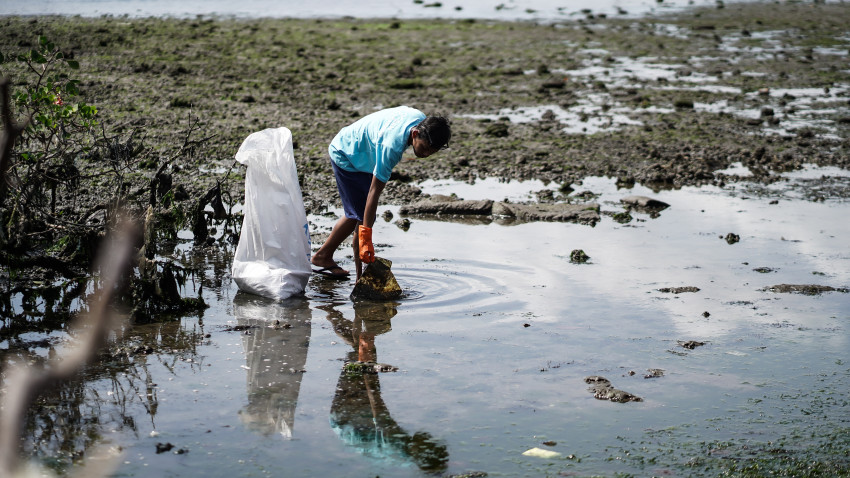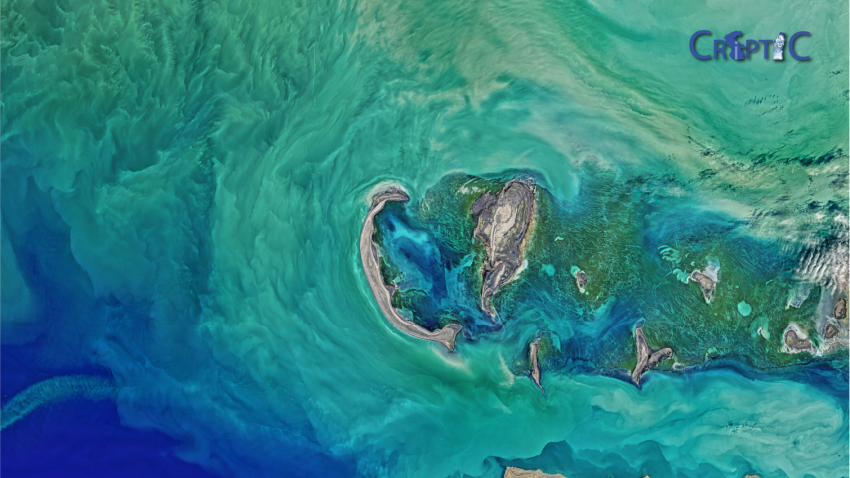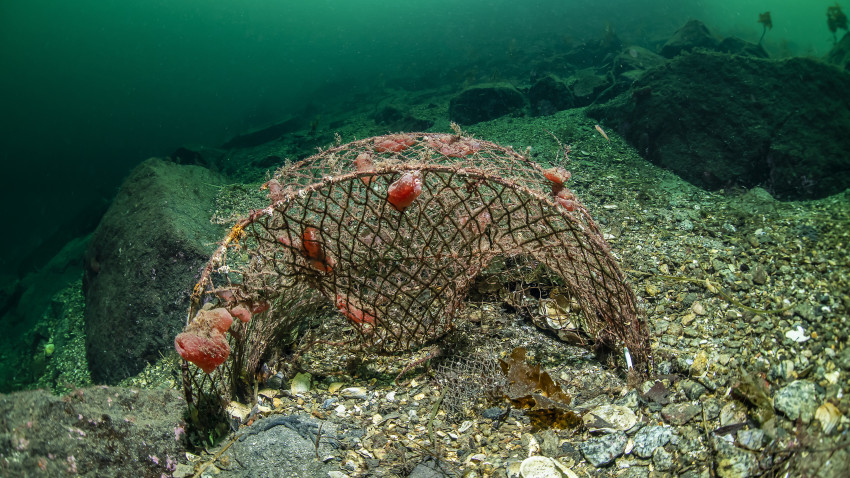Svalbard Beach Litter Deep Dive
Beach litter deep dive is a new method developed by SALT in cooperation with a broad range of experts. The method aims at providing knowledge on the sources of marine litter and the reasons behind littering, including whether litter originates from local-, regional- or global activities. It has proven a promising tool to cost-effectively provide knowledge that can be used to implement measures that can prevent waste from entering our oceans. This report summarises findings from a deep dive into beach litter collected through Clean-up Svalbard. The aim of the project was both to refine the methodology and to identify items that should be given particular attention in future monitoring of beach litter in the region. The analysis shows that the fishing activity in the region, rather than long-range transport, is likely the most significant source of beach litter in the region. Analysis of nets identified that the large majority of these were of a type used by the Norwegian and Russian trawl fleet in the Barents Sea, and that these were sections of nets cut out to repair the trawl. Ropes, including rope cut-offs, could also largely be traced back to fishing activities. Further analyses are needed to identify the likely sources of other items, such as food- and cleaning containers, sanitary products and oil- and chemical containers, but preliminary analysis suggests that there is a link between the nationality of these containers and the nationality of vessels operating in the area.
Wageningen Economic Research (WECR)
The Norwegian Polar Institute
Leemans Maritime Consultancy
UiT
Svalbard Miljøverndfond


